Here at UH, Learning Abroad is always there to promote cross cultural interaction and studying abroad all over the globe.
This summer, I attended an intensive Arabic program at the American University of Beirut, in Lebanon. AUB is one of the top tier accredited universities in the whole region, and the Center for Arab and Middle Eastern Studies summer Arabic program is the top program recommended even by the Middle Eastern Studies department here at UH. A lot of people had a lot of things to say when I chose Lebanon over other programs for Arabic. According to the US government, Lebanon is labeled as a Level 3 country, with areas within the country that were labeled as Level 4. I even had to fill out a proposal and safety checklist to Learning Abroad, and if it wasn’t approved for any reason, I would have not been able to attend this program for credit if I had still chosen to go on my own accord.
In the news and media, all we hear about in regards to the Middle East is the warfare, underdevelopment, problems, etc. More often than not, the way these aspects are even covered in media are often negative and misrepresentative. As a Middle Eastern Studies major here at UH, it has really opened my eyes to the socio-politics of the region, which are so much deeper than the surface level portrayal that it has through mainstream media. Furthermore, traveling to these places really shows you that hands on. Beyond all the existing conflict, there is a lot of deep rooted history, culture, religion, and beauty that tends to be forgotten. Alongside better coverage of these conflict related issues, I want to be able to shed light on this cultural component as well.
Misconceptions, Concerns, and Now You Know: An Explanation
1. The notion that Lebanon is a conservative country is entirely false. There are night clubs and bars all over Beirut, let alone the rest of the country as well. Women don’t have to wear hijabs, and in fact they can dress however they’d like. Of course there are more conservative and religious regions that exist in the nation, in terms of locations home to churches, mosques and shrines. In these places, there is more modesty in terms of dress, but again it’s not to the same extent that we tend to associate conservatism with.
2. You can get around the country for the most part without having a solid base in Arabic. Enough people speak English well enough to communicate, and if that’s not an option, French can work too. I came to Lebanon to learn Arabic and it’s a great place to learn it, but in most areas and regions, if you don’t know the language, you will still be able to get by. I in fact struggled with practicing and speaking Arabic because many Lebanese people were so inclined to speak with us in English and to show that they knew it well and fluently.
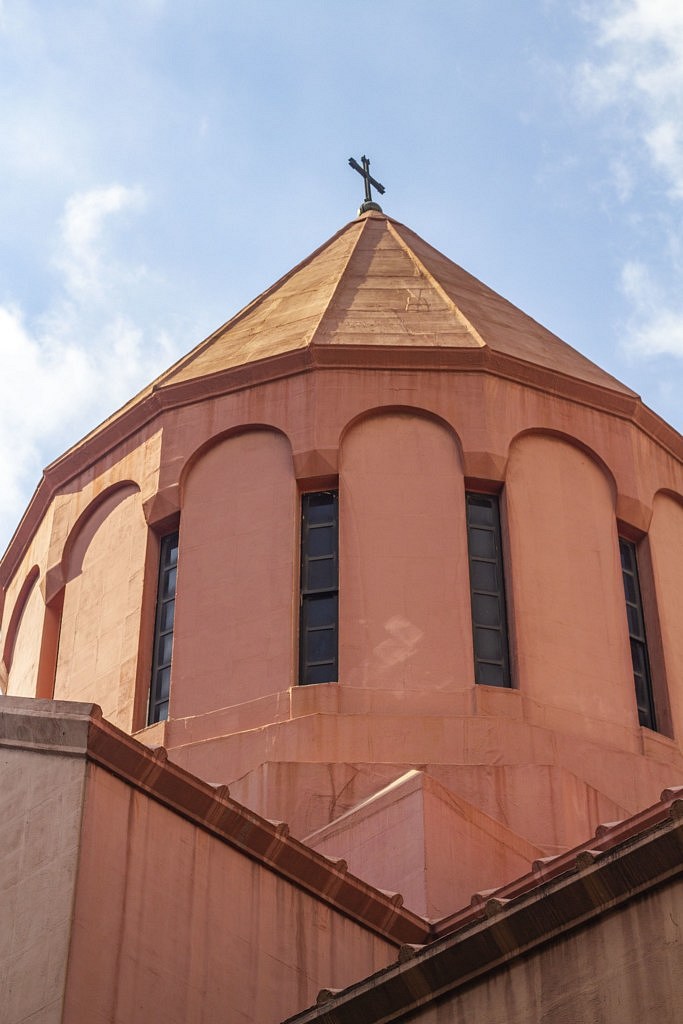
3. Lebanon is not entirely a Muslim country even though it is in the Middle East. There are 18 sects within Lebanon making it a very diverse nation in terms of population. There is quite a bit of Maronite Christian and Druze influence just to name a few. Even within the Muslim population there are multiple sects such as the Shia and Sunnis. In terms of diversity, my time in Lebanon taught me that people here coexist to an extent, yet at the same time, identity plays a major role in political affiliation. Lebanese politics themselves post-Civil War, and the assassination of Hariri were founded on pillars of sectarianism due to this identity and concept of alliances. While religious and cultural diversity is present in Lebanon, there is a lot of regional and political divide that can be argued as a large hindrance to national unity.
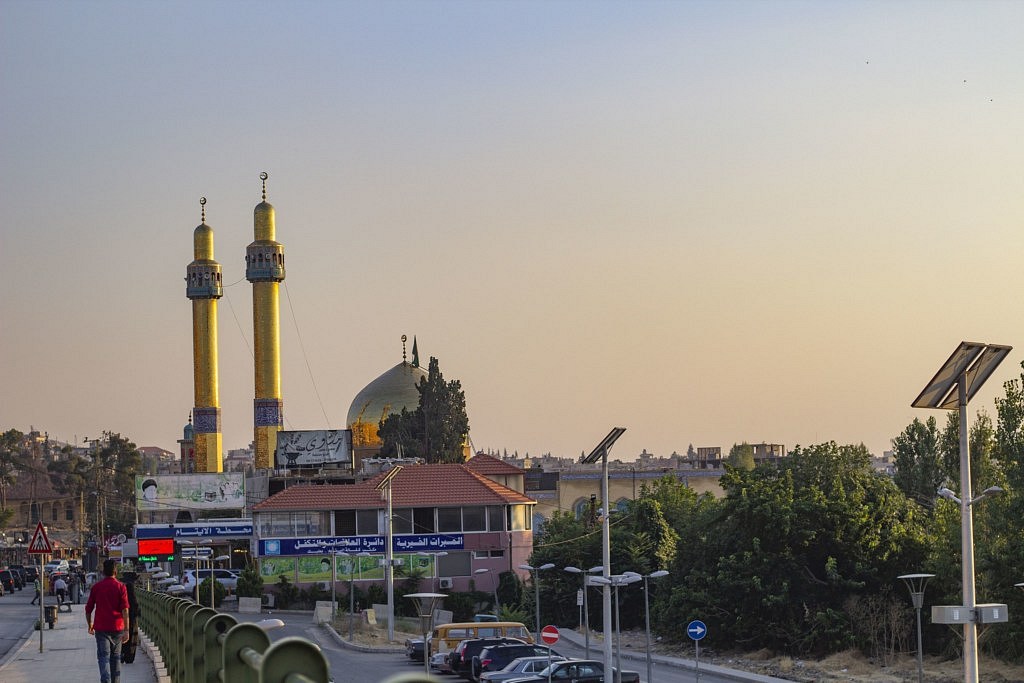
4. Hezbollah is not out to get you, and going to places like South Lebanon and regions of the Beqaa Valley that are politically pro-Hezbollah are not necessarily unsafe. I’m not saying to take any risks you’re not comfortable with, but what I am saying is that apart from the US Travel Advisory recommendation on avoiding borders with Israel and Syria, a lot of other places are just fine. Some of the best spots in the South and East in terms of ruins and nature happen to have populations that are in support of the political organization. Hezbollah is labeled as a terrorist organization by the American government, but a lot of that has to do more with their political agenda that involves Iranian influence, anti-Israeli sentiments, and pro-Assad and anti-rebel motives. Essentially, anything and everything America isn’t for. They aren’t wandering around Lebanon and holding terrorist bases and planning attacks. Yes, there happen to be several regions that support Hezbollah and the Amal party (another Shia based political group in Lebanon), as you can see the flags and political iconography all over highways, roads, and billboards and signs. Yet beyond that, there isn’t really a confrontational stance or interaction with the parties. As mentioned before, identity plays a big role in political support and alliances, and a lot of these regions hold this affiliation due to their religious population and connections.
5. Censorship is not a part of Lebanese media and society. Literally throughout the entire country are walls covered in graffiti, and statements and political influences are scattered everywhere. It is highly recommended that you don’t speak politics with people you don’t know very well though, for common sense reasons. Alongside being a foreigner, it would not be in your benefit to get in awkward situations you could easily have avoided. Lebanese taxi drivers do love to give their hot take on their country’s government, but you’re not obliged to give your own.
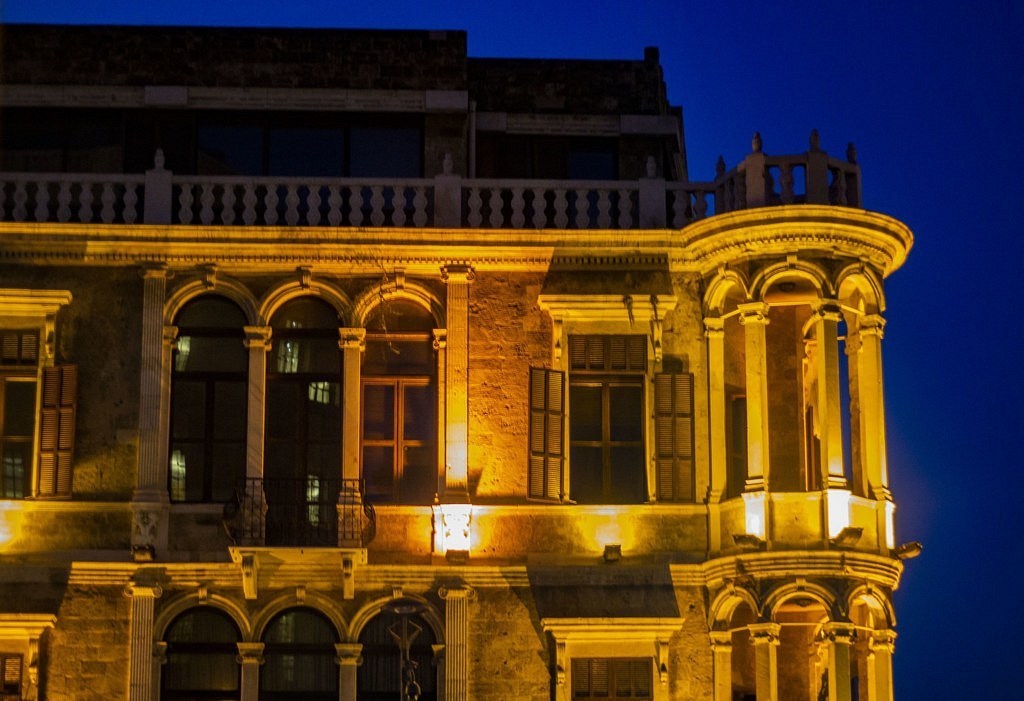
6. Lebanon is not at war, and while the nation went through the Civil War from from 1975-1990 and the conflict with Israel in 2006, it is no longer in that phase. Any country that goes through a long period of war will take years of recovery and growth, and the country has developed so much since then. There are remnants from the war that exist in terms of reconstruction and society, and quite a bit of political divide that is also still present, but that is still the case for a lot of recovering nations as well
After spending nearly two months in Lebanon and actually learning about the country myself while being there, I would like to say that there is so much more beyond the mainstream portrayal of the country. I felt so safe outside of the AUB campus and even outside of Beirut to some of the more underrated and further out cities in the country. While my main goal of being in the country was to learn the Arabic language, I feel like I got so much more than that. Apart from gaining a very solid foundation into formal Arabic, and a good base into spoken dialect for confidence in communicating, I learned a lot about identity, history, and politics from Lebanon. This has really influenced a lot of themes I would like to pursue as research in the future, and I am very grateful to have had this opportunity.
Featured image is a photo is of the city of Batroun and the Phonecian wall by the sea.
All photos taken by Ambarina Zenab. To see more photo work, follow me on Instagram.

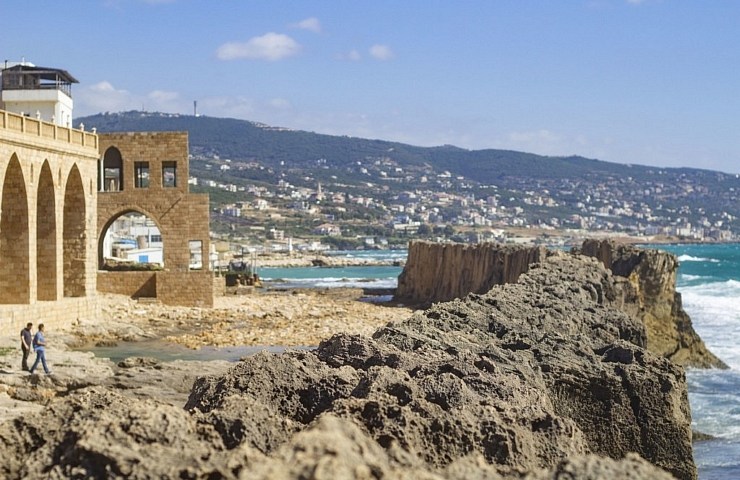
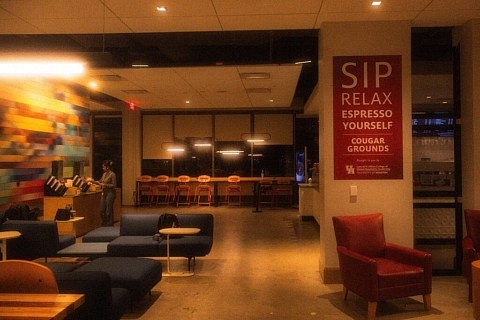
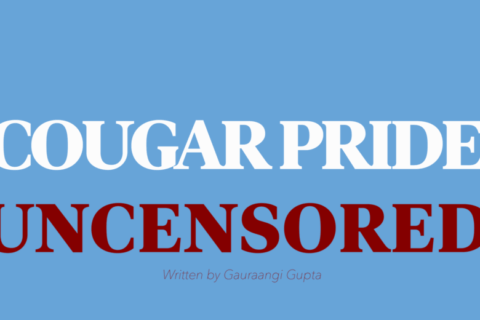

Recent Comments